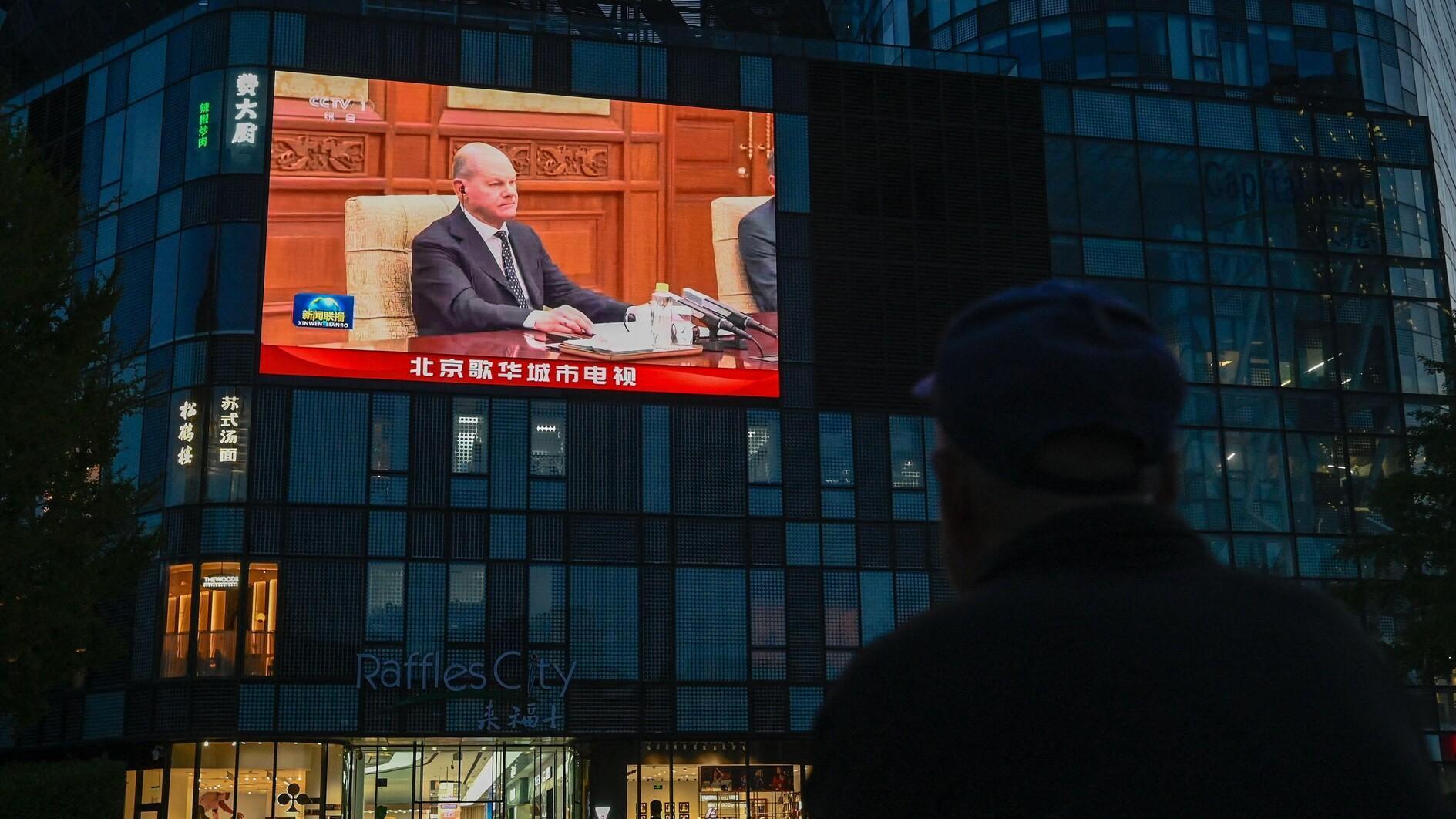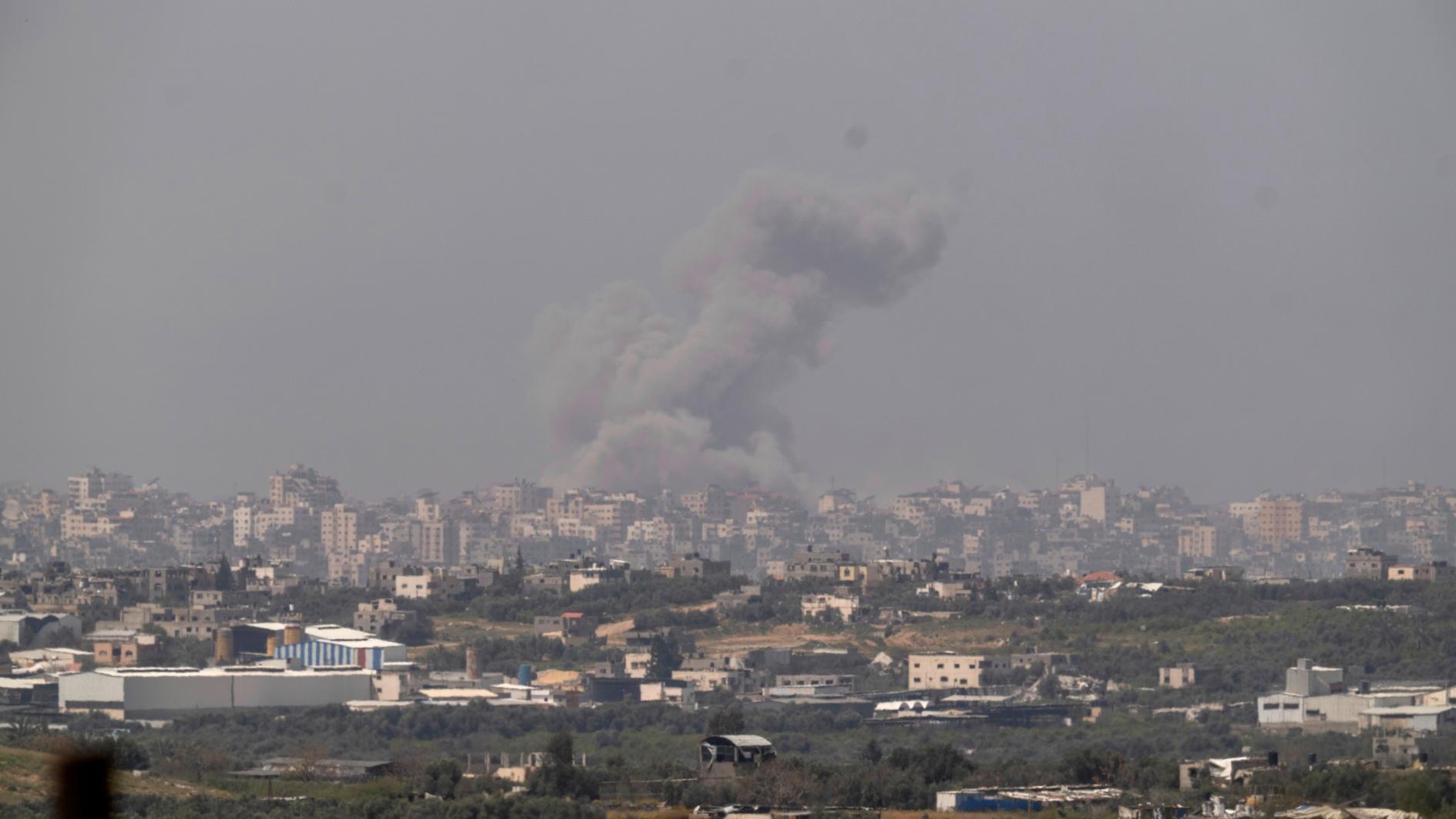Two faces of the same story
“We are here, in the Park, in the LGBT Bloc, come and talk to us.” The message came in an instant as soon as I put my picture from Gezi Park on one of our university club’s Facebook accounts. She was not my student, but she had joined our activity club some months ago. They came together with a male student who, too, wanted to join our club. Both gays, both at ease with their sexual identity and both determined to show that this is part of their rights as modern citizens of Turkey. She, a physical education student and her male partner, a psychology student, have been spending most of the last week on that small patch of tree-lined land which has now become the breeding ground of a new Turkey, a Turkey which we still cannot define, cannot determine, cannot fully understand. And it is not only us, lay people – the representatives of traditional politics cannot succeed in doing this either.
Behind the high-pitched rhetoric coming from the Turkish prime minister and his officials, as well as from the opposition parties, one can clearly detect an unease in having to deal with a new unknown “mass” which is still in the process of taking shape. Right now, it does not have any structure or form, so the political establishment can neither hijack it nor fight it.
“I am not there right now. I will visit you when I am there next,” I replied to my gay student’s digital call.
Actually, my picture from the park was one day old, and the reason why I had taken a break from the park was that I had decided to go and see what was happening among the other 50 percent of the country.
The steep, narrow street in the neighborhood of Kasımpaşa in Istanbul, where the prime minister was living before he rose to power, is almost empty. But people were looking curiously at us through their embroidered nylon curtains. An elderly woman who was standing on the balcony of the prime minister’s former apartment block rushed inside her house as soon as she saw our crew on her street below.
It was difficult to find people to speak, but we chose the obvious spot: the little grocery just across run by a friendly but frustrated headscarved woman. “Why is the world suddenly against us? We are very happy, our economy is good, we paid off the IMF, we have no problems, we have our houses, we have our hospitals, what happened suddenly and everybody is against us, against our prime minister. If anybody does not like him they should not vote for him in the next elections.”
Trying to speak to us on camera while pushing away loud children asking for sweets was a hard job. But she did manage to make her point clearly. Which was the same point that the prime minister had made himself a few days ago to be corrected, though, by the president that “democracy is not only exercised at the ballot box.” We managed to catch another woman who was about to enter her apartment block a few meters away while carrying her shopping bag. She was angry. “What do they want from us? We are very happy. Why is all the world media in Turkey? Our prime minister is a good man.”
A bearded man in his shalvar just popped out of his makeshift “antika” shop which was really a shaded corner under another newly built apartment block selling second-hand shoes, cupboards and some old electrical goods. “God wants us all in peace, we should not argue among ourselves, we are happy as we are now”.
There is only a few kilometers distance between the LGBT Bloc’s camp and the little grocery shop opposite the prime minister’s old residence. But there is a huge distance in terms of understanding of life, of the definition of a person as a citizen and of democracy to name just a few of the differences.
Even counting the recent brutal behavior of the police, these two parts of the society have been developing side by side with a relevant tolerance. One of the reasons may be that the “modernist camp,” if we can call it that, is still in the process of finding its political representation. It is still opaque and vulnerable.
And it is during this sensitive period that the conservative camp may attempt to force closed that gap using its position in power. Again, we go back to the basic debate on the understanding of democracy as a rule of the majority or respect for the rights of the minority.











